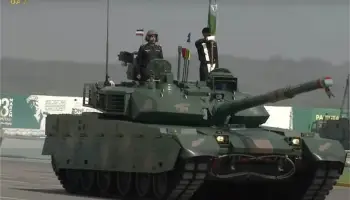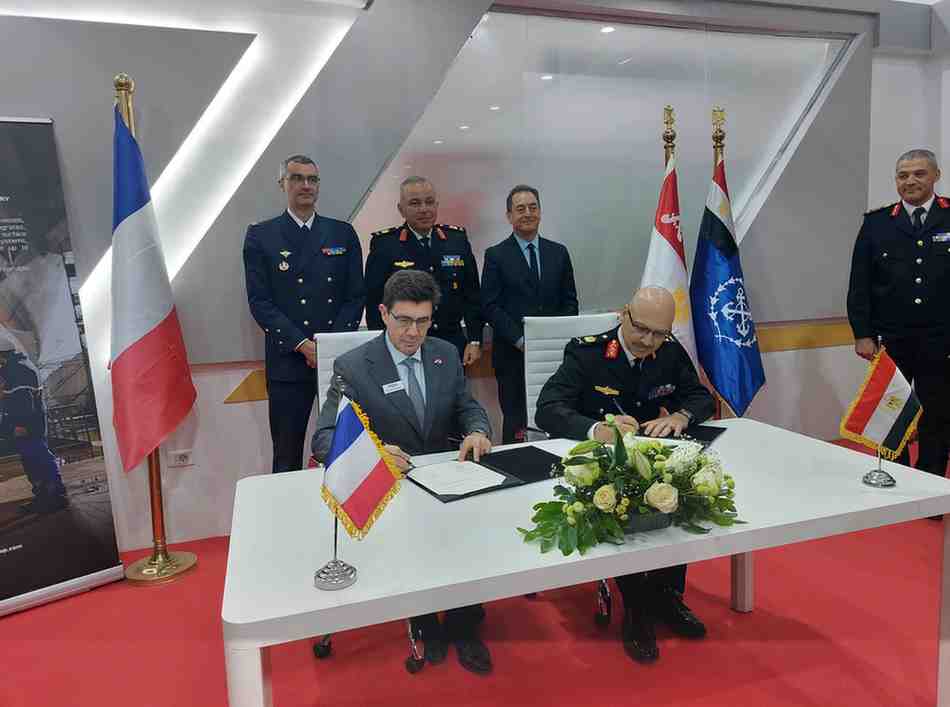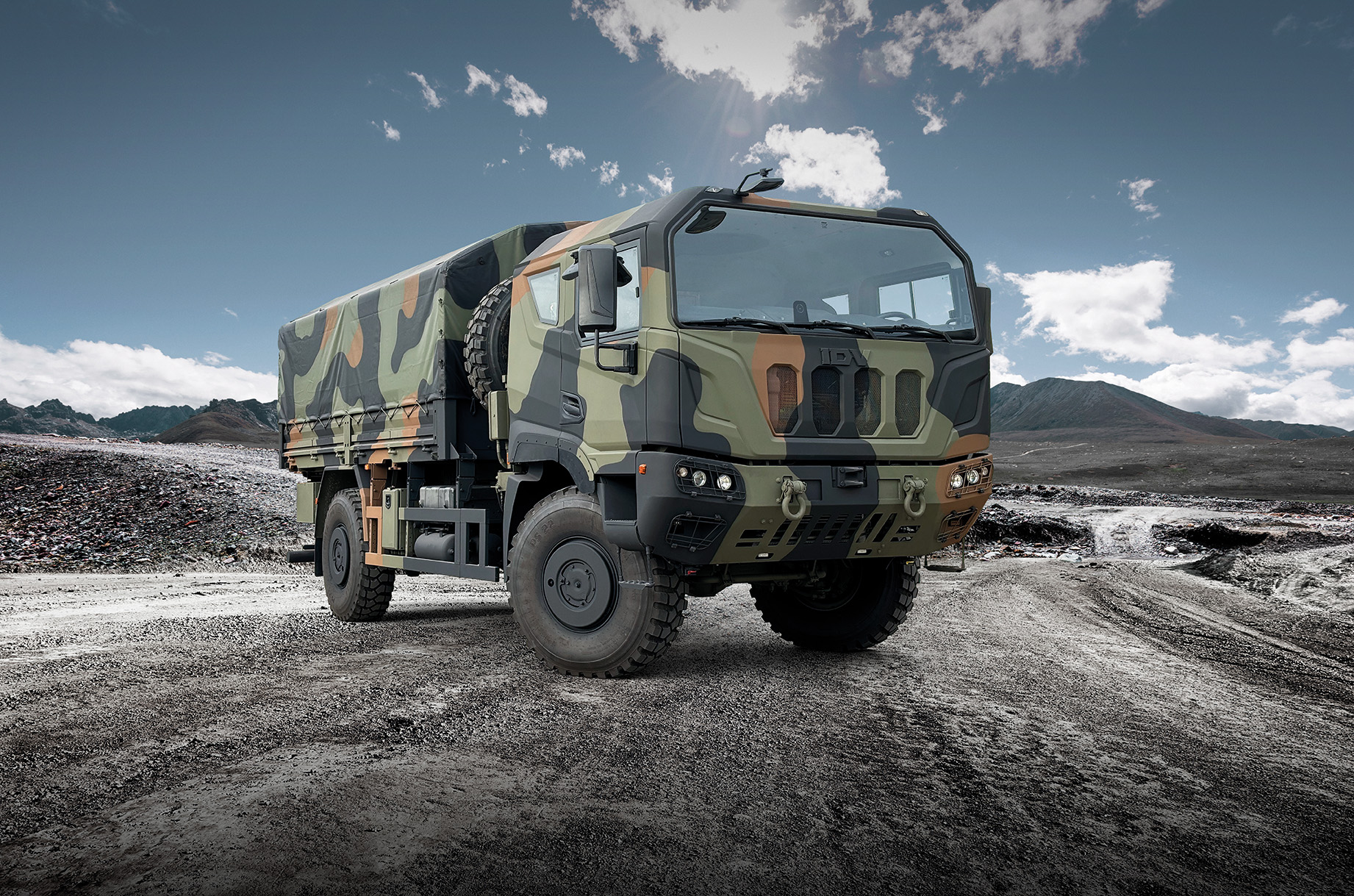In the ongoing 21st century, the country with more military power has been considered more powerful and can rule the whole world. Such leading country not only uses a military weapon for their own defense but also feeds their allies with dangerous weapons so that they can defend themselves by using these weapons. This arms race leads to a proxy war, which has already been observed in a number of nations like Syria, Yemen, Afghanistan, Iraq, and other vulnerable countries. This arms race not only destroyed the proxy countries but sometimes effect their parent countries also, an example of it is the fall of the USSR.
With the advancement of time, the world has been equipping more powerful weapons like nuclear and hydrogen bombs. Now the question arises, Is the sole purpose of these weapons of mass destruction is only to destroy the opponent? The answer is NO.
These weapons can also be used to avoid wars instead of waging war. Deterrence means avoiding a major conflict. This means, if a country possesses a heavy military power, it can use this power just to threaten its opponent and not actually attack its opponent. If two well-weaponized countries go to war, they cannot only destroy each other but also the whole world. Thus instead of going into a war, just highlight the consequences of war and avoid it.
This has not been only a hypothetical statement. It has already happened a number of times in history.
In the Cuban Missile Crisis of 1962, America and USSR both avoid the conflict knowing that both countries are nuclear equipped and any further act of aggression would be dangerous. Thus USSR retreated and removed the missiles from Cuba in exchange for restricting US U-2 aircraft over USSR airspace.
Moreover, the Kargil war of 1999 between Pakistan and India. This war was avoided by international parties, knowing that both nations have equipped nuclear weapons recently and thus they can use them if the situation escalates. Thus nuclear weapons of both countries deterred the war.
Further, in 2017, North Korea-US tensions raised to their peak, when leaders of both threatened each other with nuclear attack. The exchange of hard words took place on the diplomatic level. But in the end, both avoided the war only because of its consequences.
In 2020, tension is on the rise between Sino-India borders. Both countries are super-giant of Asia, well equipped with a nuclear weapon as well as other heavy military weapons. Both countries even go on hand-to-hand combat on the border but not a single bullet was fired. That was because if any country fired a bullet or use any other military weapon, it would be against the treaty of LAC and would lead to a full fledge war. And war between two Asian giants would definitely destroy Asia, which has been the economic hub of the world.
Deterrence does not mean to completely avoid conflict by boosting the strongest weapons in your arsenal, sometimes minor conflict has to be devised to avoid the major conflict. The purpose is same, just to threaten or to give a hunch about what you actually capable of.
In the Kargil war of 1999 between Pakistan and India, this did happen. Both countries use small weapon and artillery to avoid the use of nuclear weapon. Both show each other that what they are capable of.
The same does happen in early 2020 between Iran and America when later assassinate Qasim Sulemani, a top-ranked Iranian general, in Iraq. After the assassination of its General, Iran attacked the American base in Iraq which dozens of missiles to only show that they will not be kept silent if the condition worsened. And luckily this did work and both countries resolved the disputes through bilateral talks.
Despite the positive outcomes of deterrence behavior by only threatening the opponent, this technique is quite dangerous to avoid war. In some cases, tension does rise up and two countries ended up in the destruction of one another. An example of it is the nuclear attack of America on japan. US invasion of Iraq and Afghanistan is also to show their capabilities, but in return, both countries become a victim of a full-fledged war.
The arms race is dangerous either way and thus should be avoided. In the on-going increasing temperature of world politics, the US and China are facing each other. Both are superpowers of the world and well equipped with weapons of every type. Any serious act of aggression can result in the outcome whose price has to pay to the whole world.
International organizations like the UN and the Treaty on the Non-Proliferation of Nuclear Weapons and other such organizations should do their job properly, effectively, and justly. They should impose sanctions on the country which avoids becoming a signatory of such treaties, regardless of the country’s power.
Pakistan became a victim of sanctions when it didn’t sign CTBT. On the other hand, its counterpart India enjoyed the same leverages as before despite not signing the treaty. Such double-standard behavior causes unrest in the world.
Thus international organizations should deal with every country equally and impose sanctions on the same criteria. When America withdraws from the Joint Comprehensive Plan of Action, no country or organization took action against it. If organizations had done their job and imposed sanctions on America, the world will be better than it is now. Small nations make superpowers a superpower. Because in the end, “The lone wolf dies but the pack survives” – summarizing the whole concept in the best possible way.
Author: Saad Bhutta is a student of MPhil Molecular biology at the National Centre of Excellence in Molecular Biology (CEMB), University of the Punjab, Lahore. His areas of interest include Major global political shifts and disputes.
- GDI Staffhttps://defensetalks.com/author/umair/
- GDI Staffhttps://defensetalks.com/author/umair/
- GDI Staffhttps://defensetalks.com/author/umair/
- GDI Staffhttps://defensetalks.com/author/umair/












